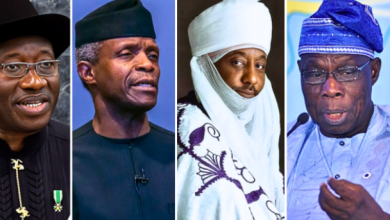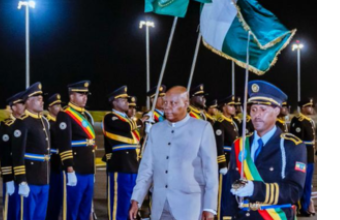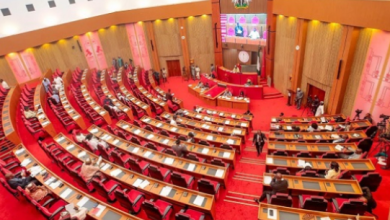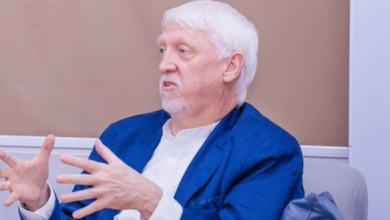Trump skips South Africa G20 summit as Ukraine rift deepens

A widening divide between the United States and Europe over the future of Ukraine is casting a shadow over the G20 summit opening in Johannesburg on Saturday, a meeting made even more tense by U.S. President Donald Trump’s decision to stay away.
The summit, the first G20 gathering ever held on African soil, is hosting a lineup of world leaders including French President Emmanuel Macron, Indian Prime Minister Narendra Modi, Chinese Premier Li Qiang, Brazilian President Luiz Inacio Lula da Silva, and Turkish President Recep Tayyip Erdogan.
The Trump administration explained its absence by saying South Africa’s priorities especially its push to strengthen global cooperation on climate and trade clash with U.S. policy positions.
Yet Trump’s influence loomed heavily over proceedings after Washington unveiled a surprise unilateral peace plan for Ukraine that aligns closely with Russia’s negotiating demands.
Following an urgent call with Ukrainian President Volodymyr Zelensky, European leaders, Macron, German Chancellor Friedrich Merz, and UK Prime Minister Keir Starmer, stressed that any credible peace process must have consensus within NATO and across Europe.
European Commission President Ursula von der Leyen echoed that position, saying leaders would meet on the sidelines to reaffirm that “there must be nothing about Ukraine without Ukraine”.
A follow-up meeting is planned at the EU–African Union summit in Angola on Monday and Tuesday.
Trump, meanwhile, has warned Kyiv that time is running out to accept his administration’s 28-point plan, telling Fox News Radio: “Thursday is, we think, an appropriate time.”
Another cloud over the G20 summit is the deadlock at COP30 climate negotiations underway in Brazil.
What was meant to be the final day of talks on Friday was pushed into overtime, with oil-producing states refusing to accept any language calling for a phaseout of fossil fuels.
Despite the diplomatic snags, South Africa has remained upbeat.
Pretoria hopes to secure backing for its G20 goals, which include narrowing global economic inequality, easing debt burdens on low-income countries, mobilising funds for clean-energy shifts, and finalising a pact for critical minerals.
“We are optimistic that leaders will adopt a declaration that sets a refreshed agenda for the world and for the G20,” President Cyril Ramaphosa said late Friday.
Diplomats from participating countries completed a draft text for leaders to consider, according to AFP sources who were not authorised to reveal its contents.
But with Washington refusing to endorse any communiqué issued in the name of the G20, it remained unclear whether the summit would end with a traditional joint declaration.
Ramaphosa, who has pushed back at U.S. allegations of a so-called “white genocide” in South Africa claims dismissed by Pretoria as false, joined other leaders in emphasising the need for multilateral cooperation.
“Multilateralism is our best, and perhaps our only, defence against disruption, violence, and chaos,” said European Council President Antonio Costa at a pre-summit briefing. “South Africa has put multilateralism to work.”
The U.S. boycott mirrors Washington’s refusal to send an official delegation to COP30. Instead, its chargé d’affaires would attend only the closing handover ceremony, ahead of next year’s G20 summit, which the United States will host at a Trump-owned golf resort in Florida.
The G20 comprises 19 countries along with the European Union and African Union, representing 85% of global GDP and about two-thirds of the world’s population.



